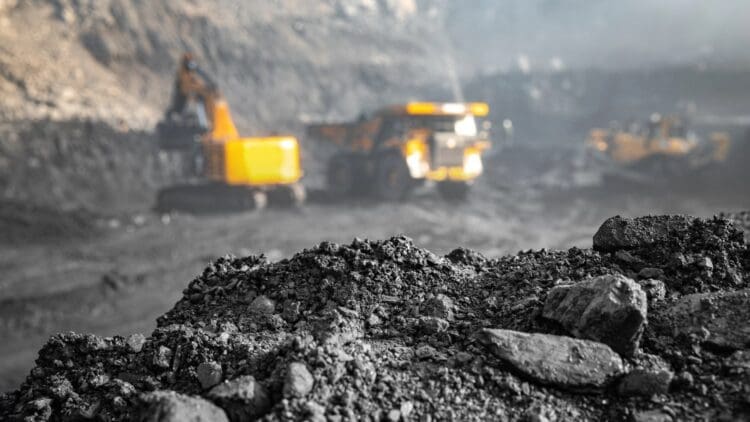The Australian government is facing substantial backlash from environmentalist organizations following news that it has approved the extension of the Glenore Ulan coal mine. The nation is the second-largest exporter of coal in the world, with only Indonesia exporting more. Murray Watt, the nation’s Environment Minister, was only sworn into office a few months ago, and the fact that his first major project is to extend the Ulan mine points to a worrying state of affairs in the country down under.
The approval underscores the Prime Minister’s campaign rhetoric
Australia’s Prime Minister, Anthony Albanese, ran on the promise that his administration would promote Australia’s ambition to decrease domestic emissions. Australia is currently competing with Turkey to host next year’s United Nations climate summit. So it would appear that rhetoric was simply cannon fodder to feed the voters, as for the oil and coal industry, it’s business as usual.
On September 2, 2025, the Environment Minister announced he had approved the Ulan coal mine modification 6, which is the official name given to the 2-year plan to extend the existing Ulan underground coal mine in central‑west New South Wales by 2km. The original plan for the operation to mine 65 million tonnes of coal was scaled back in 2024, but the reasoning was operational constraints, not environmental concerns.
The extension also allows Glenore to mine the site for 2 more years, extending the life of the mine to 2035. Despite what the current Prime Minister has said, coal remains a part of the Australian economy; they exported an astonishing 209 million tons last year.
Australian environmental groups lament the decision to approve the extension to the Ulan mine
Australia has one of the most unique and diverse wildlife ecosystems in the world. So when a multinational company like Glenore says that it plans to extend operations at a mine, it was always inevitable that the approval would shake up some trees and the people who love them. Several environmental groups have lamented the government’s approval to extend the mine.
“It’s nonsensical to cut climate pollution with one hand while approving new coal projects with the other,” – Climate Council chief executive officer Amanda McKenzie
Those concerned environmentalists have pointed out that the mine will produce 42 million tonnes of additional climate change emissions by extracting the roughly 16.3 million tonnes of coal. Another group, called the Australia Institute, highlighted the effect the mine will have on the local environment by releasing a statement on their website.
“The project has the potential to negatively impact 55 ha of native vegetation communities, 9.5 ha of box gum woodland (a critically endangered ecological community), the habitat of the large-eared pied bat (a vulnerable species) and increases the probability of perceptible impacts for 48 Aboriginal sites or potential archaeological deposits.” – The Australia Intsitute
From the evidence in front of us, it would appear that the Australian government has aligned itself with the interests of the coal sector, much like the United States has done under the Trump administration. The current president’s government has been promoting the coal sector by ordering sites to continue operating past their retirement dates and removing any regulatory barriers set in place by the previous administration.
Is there a future for the renewable energy sector in Australia
Not if the current trend continues. Australia is a harsh and inhospitable environment that tests even the most well-thought-out project’s capabilities, so establishing a noticeable footprint in the energy sector is challenging to say the least. The approval given by Australia’s Minister of Energy underscores the current administration’s view of the energy sector in Australia. Coal is the major contributor to the country’s grid, much like the US, and will remain so for the foreseeable future, despite what anyone has to say about it.





